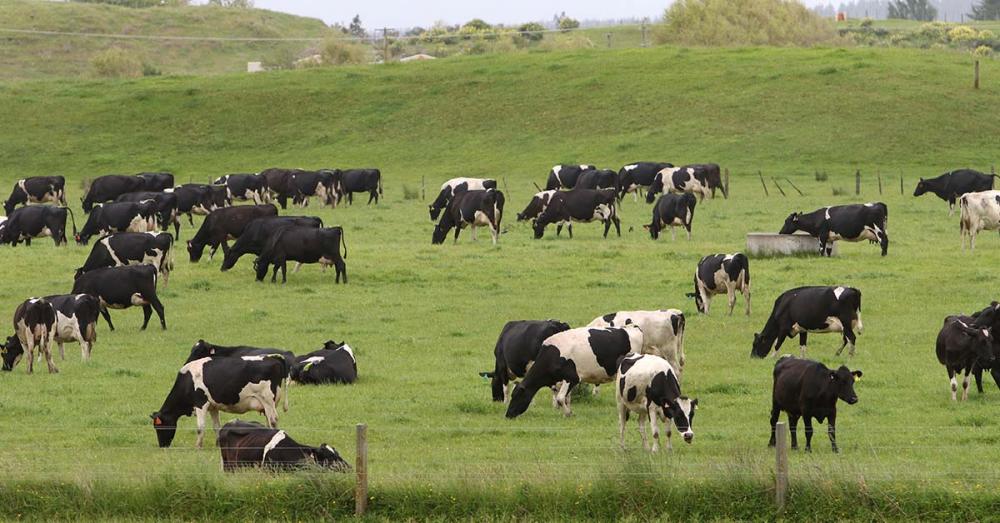
“I am Andrew, 54 years old dairying 35 years with my wife, 260 acres milking 280 cows mostly grass fed, on the West Coast of the North Island New Zealand.
I am no expert but I do think that subsidies in any industry can ultimately do more harm than good. We are not subsidized which can lead to some mighty tough years but has made us more resilient in the process. The less adaptive farmers have moved out of the business.
USA and European farmers being paid to produce rather than producing for supply and demand sends farmers the wrong signals and causes butter mountains and lakes of milk. This has an effect on world markets which of course affects Kiwi farmers as well.
Personally we have a good relationship with our bank, and they have lent us money so we could feed ourselves in a low payout year. The following year repaying that loan. The next year getting on our feet and by year 4 returning an income to match my town friends! So you ask yourself, “Why am I farming?” because farmers are optimists and it’s in the blood.
I can’t see the US dropping farm support as it would be political suicide even though the long-term result would be a stronger farming industry.”
I’m withholding his full name at his request.
And this one from Jay Wardin.
“You do not have the entire story on New Zealand dairy issues. For those of us living in New Zealand we pay more for New Zealand dairy products than those in other countries pay for the same New Zealand dairy products. The Dairy Board set prices and the country as a whole subsidizes dairy exports. When NZD is strong, as it has been for the past 10 years, we pay more for our dairy products. If the NZD would drop by 30% compared to the rest of the world currencies, we would be paying the same price as the rest of the world for our own dairy products.”
I checked and while there are no formal export subsidies and the WTO does not consider the Dairy Board setting prices to count as such. The value of any currency, however, is affected by many factors in and outside the country, and I’d guess there are as many New Zealanders who want a strong dollar as a weak one. I’m also not sure how a weaker NZ dollar would lower consumer prices. It seems to me NZ dairy exports would rise along with consumer prices.























